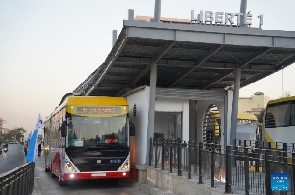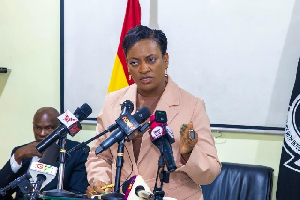Senegal celebrated a groundbreaking achievement earlier this week as it introduced the first-ever all-electric Bus Rapid Transit (BRT) network in sub-Saharan Africa, revolutionising urban transport in the capital city of Dakar.
During an inaugural ceremony, Prime Minister Amadou Ba hailed the initiative as a testament to Senegal’s commitment to modernizing infrastructure and fostering innovation. ‘This project is not just modern infrastructure; it signifies a major leap in innovation for our nation,’ remarked Prime Minister Ba.
The ambitious Dakar BRT project, spanning an impressive 18.3 kilometres, features 23 strategically positioned bus stations and three central hub transfer stations. Constructed by the China Road and Bridge Corporation (CRBC), the project has been a collaborative effort showcasing international cooperation.
The fleet of all-electric buses, a pioneering feature of this initiative, has been provided by the China Railway Rolling Stock Corporation. Huang Fei, the project manager of CRBC, emphasised the transformative impact of the BRT system on commuting in Dakar. ‘With the launch of this system, travel time from Dakar’s outskirts to the heart of the city will be slashed by half, greatly enhancing urban mobility,’ stated Fei.
Moreover, the project’s implementation has not only contributed to infrastructural development but also created substantial employment opportunities. Huang highlighted, ‘During the construction phase, the project generated employment for 1,500 individuals. Upon operationalisation, it is anticipated to offer over 1,000 job opportunities, further bolstering the local economy.’
Senegal’s inauguration of the all-electric BRT network signals a significant step towards sustainable and efficient urban transportation in the region, promising not only improved connectivity but also economic growth through job creation.
The project’s completion aligns with Senegal’s vision for a progressive and environmentally conscious transportation system, setting a precedent for other African nations to follow suit in embracing innovative solutions for urban mobility challenges.
Africa News of Tuesday, 2 January 2024
Source: Africa Briefing
Senegal unveils sub-Saharan Africa’s first all-electric BRT network in Dakar
Opinions












